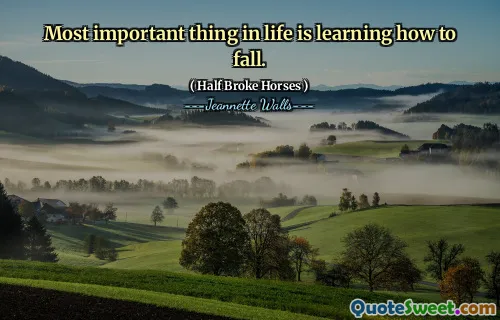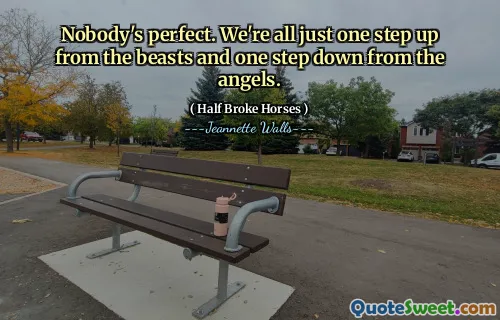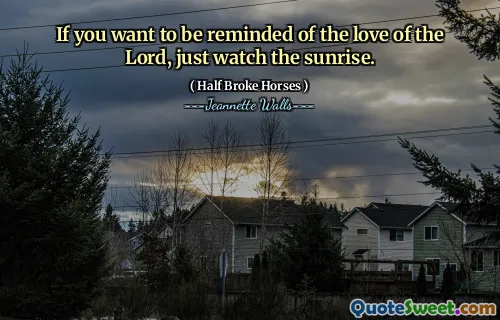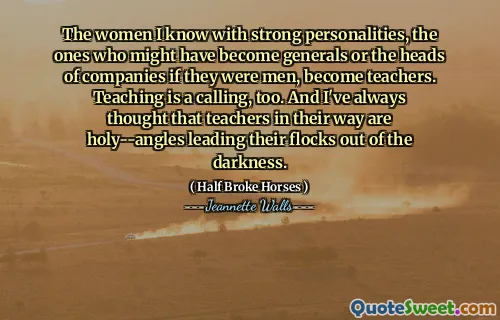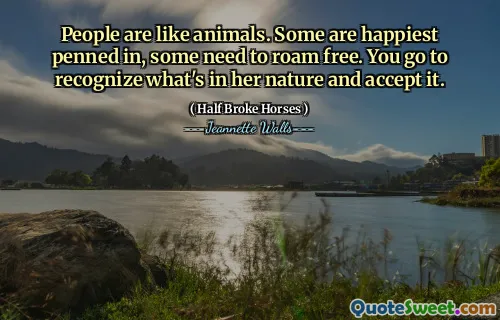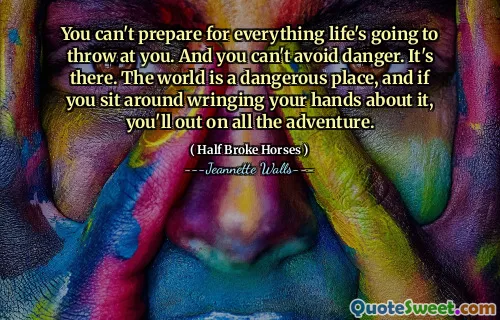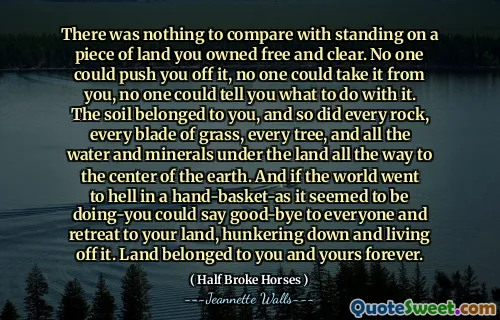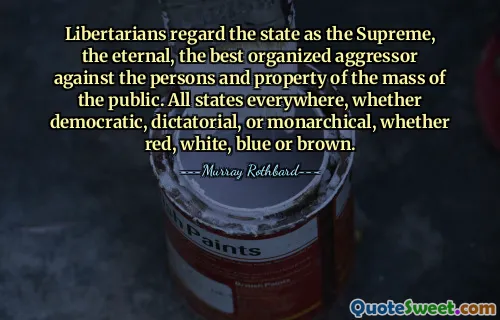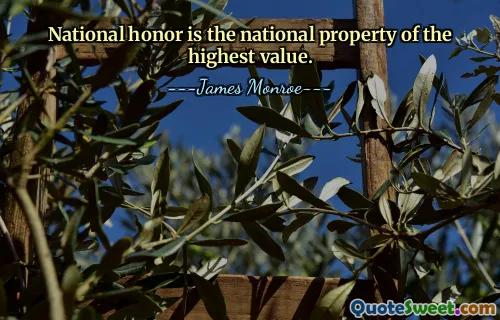
There was nothing to compare with standing on a piece of land you owned free and clear. No one could push you off it, no one could take it from you, no one could tell you what to do with it. The soil belonged to you, and so did every rock, every blade of grass, every tree, and all the water and minerals under the land all the way to the center of the earth. And if the world went to hell in a hand-basket-as it seemed to be doing-you could say good-bye to everyone and retreat to your land, hunkering down and living off it. Land belonged to you and yours forever.
The quote reflects a profound sense of ownership and security that comes from owning land outright. It conveys the idea that having land is an ultimate form of independence; no external forces can infringe upon it. This connection to the land instills a deep sense of belonging and control over one’s environment, emphasizing the importance of land as a refuge and a source of sustenance. It symbolizes not just property, but a life anchored in stability and freedom.
Moreover, the sentiment resonates with a survival instinct, suggesting that in times of turmoil or chaos, having a piece of land offers not just a physical space but also emotional solace. It presents the land as a sanctuary, a place where one can withdraw from the world and find comfort. This bond with the land is portrayed as eternal, signifying a legacy that can be passed down through generations, transforming land ownership into a significant aspect of identity and heritage.
